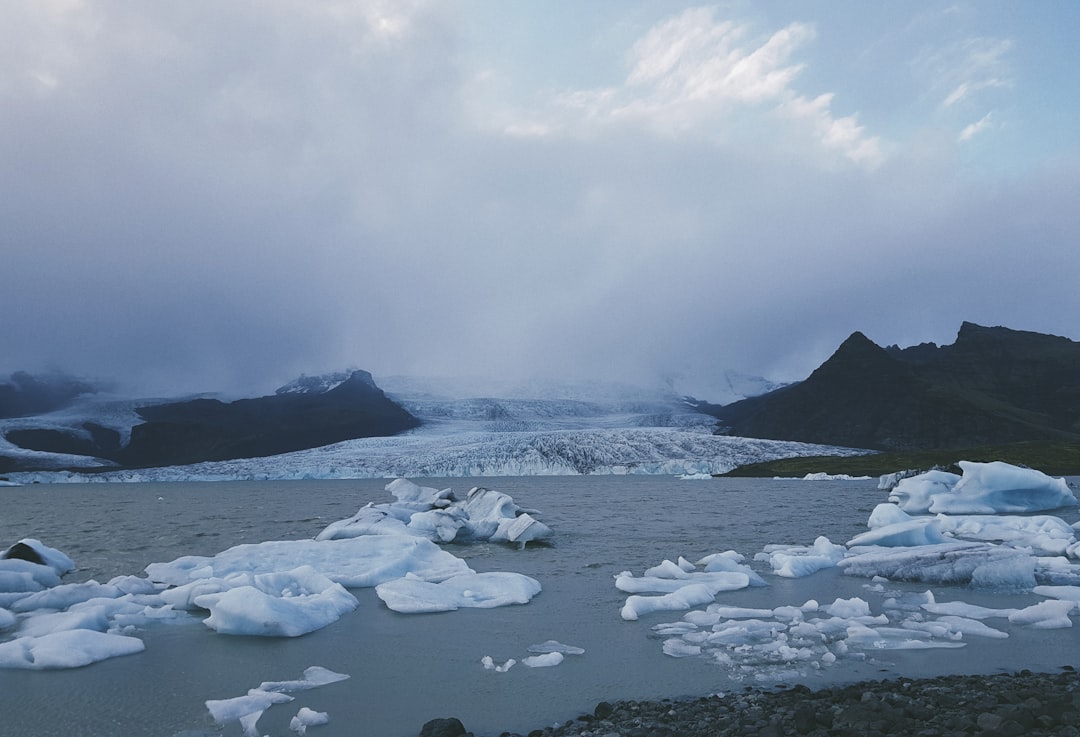Climate Change Revisited
#54 Back On My Mind

I just read an article that said, “the conflict between Russia and Ukraine could cause backward steps in the world's progress on tackling climate change, say experts.” That is alarming and brought the topic to the forefront of my mind again.
According to the Environmental Protection Agency,
Greenhouse gases act like a blanket around earth, trapping energy in the atmosphere. Human activities, mainly burning fossil fuels for energy, increase greenhouse gases in our atmosphere and cause the climate to warm. Climate is the typical or average weather for an area. Climate change is any change in average weather that lasts for an extended period of time, like warming temperatures. Climate change affects the food we eat, the air we breathe, and the water we drink. It also leads to extreme weather events, like flooding, droughts, and wildfires. All of these affect human health.
The Claude Pepper Center at Florida State University says
Climate change and global warming are concepts with their fair share of political controversy There is no denying that over the past several decades, the average temperature of the earth has been steadily increasing. The year 2018 was the fourth warmest on record and the past four years – 2015 to 2018 – were the top four warmest years in the global temperature record. The rise in average global temperatures is a rise in the frequency, duration, and severity of heat.
Actor Richard Gere explains the problem in an interview with Willie Geist on MSNBC.
Older adults are vulnerable to climate change-related health impacts for various reasons. For example,
Extreme heat is deadly, especially to older adults. Elderly citizens are the most vulnerable population during these “heat waves,” experiencing significantly worse health outcomes than any other age group. Individuals older than 65 comprise most of the extra emergency room visits and deaths during heatwaves. The world is getting hotter, and Americans are getting older, compounding the problem and threatening more American lives every year.
Climate change and related disasters cause mental health as well. Flooding and prolonged droughts can cause elevated levels of anxiety, depression, and post-traumatic stress disorders. Trauma and losses from a disaster, such as a wildfire or a tornado, can also contribute to depression and anxiety.
Opinion polls indicate awareness of and belief in climate change increased over time. In 2020 a total of 73% of polled USA respondents said global warming is happening, representing a ten-percentage increase since 2015.
A second survey confirmed that USA respondents have grown increasingly worried about climate change between 2010 and 2019.
When it comes to discussing climate change, older people have an advantage: they watched it happen, as I have.
However, the topic was on the back burner of my mind until I attended a series of workshops and saw the effects of global warming firsthand as fires tore through Santa Cruz Mountains nearby.
My awareness and subsequent commitment to doing my part to sustain the life of our environment was ignited. I wrote my first article on the topic in November.
How You Can Stop Global Warming, the National Resources Defense Council (NDRC) website offers a list of things a person can do on their own to help heal the planet. Take a look.
From the list, I began by focusing on the following, all of which are simple changes to make.
speak up – as in this newsletter
monitor my energy and water bills, look for ways to conserve even though I live in an apartment
use and eat the food I buy
recycle
buy better bulbs
give up driving and walk to shops and appointments
But that is only a drop in the bucket in terms of involvement. I found a newsletter, The Green Fix, which offers a wealth of information about ways to support the planet’s sustainability. I plan to take further action. Give the newsletter a look, and see what you can do.


